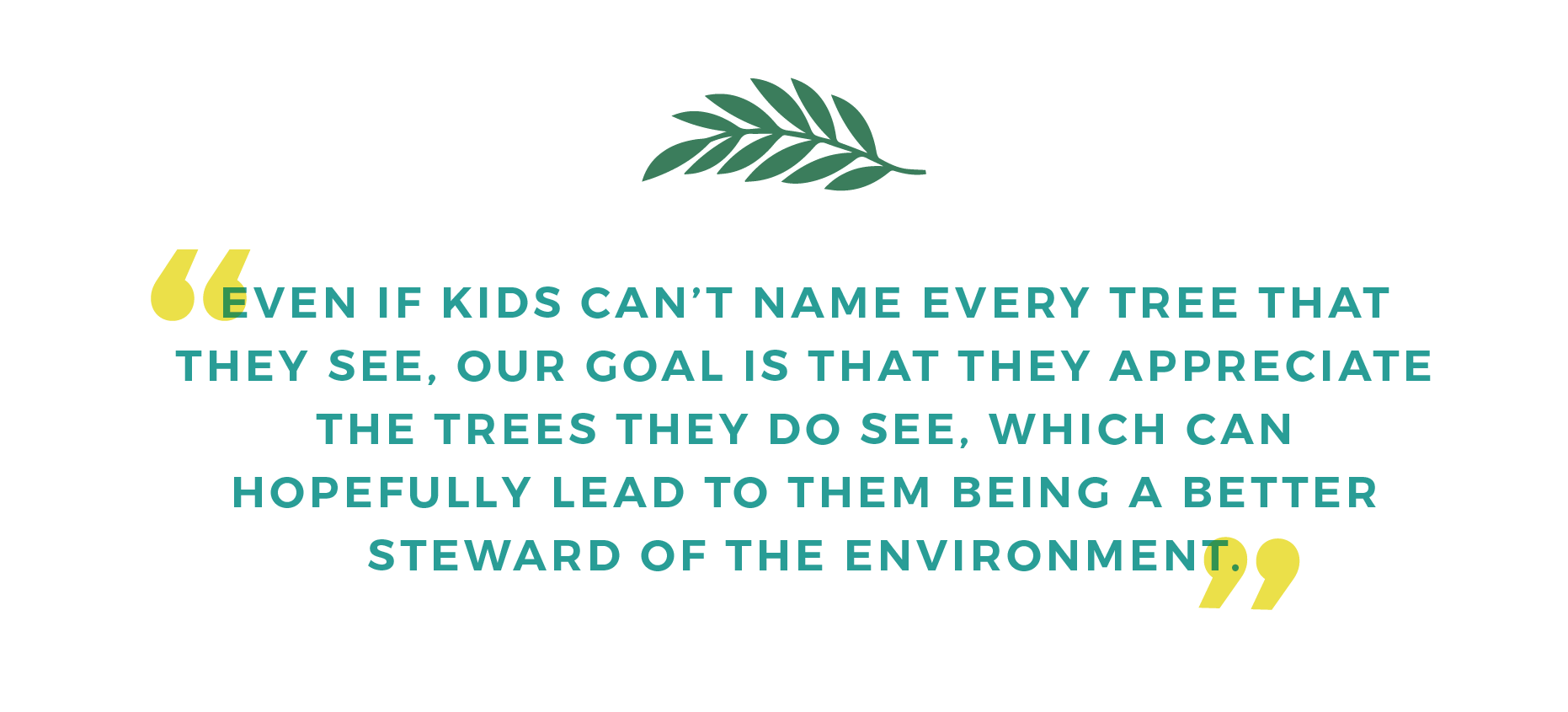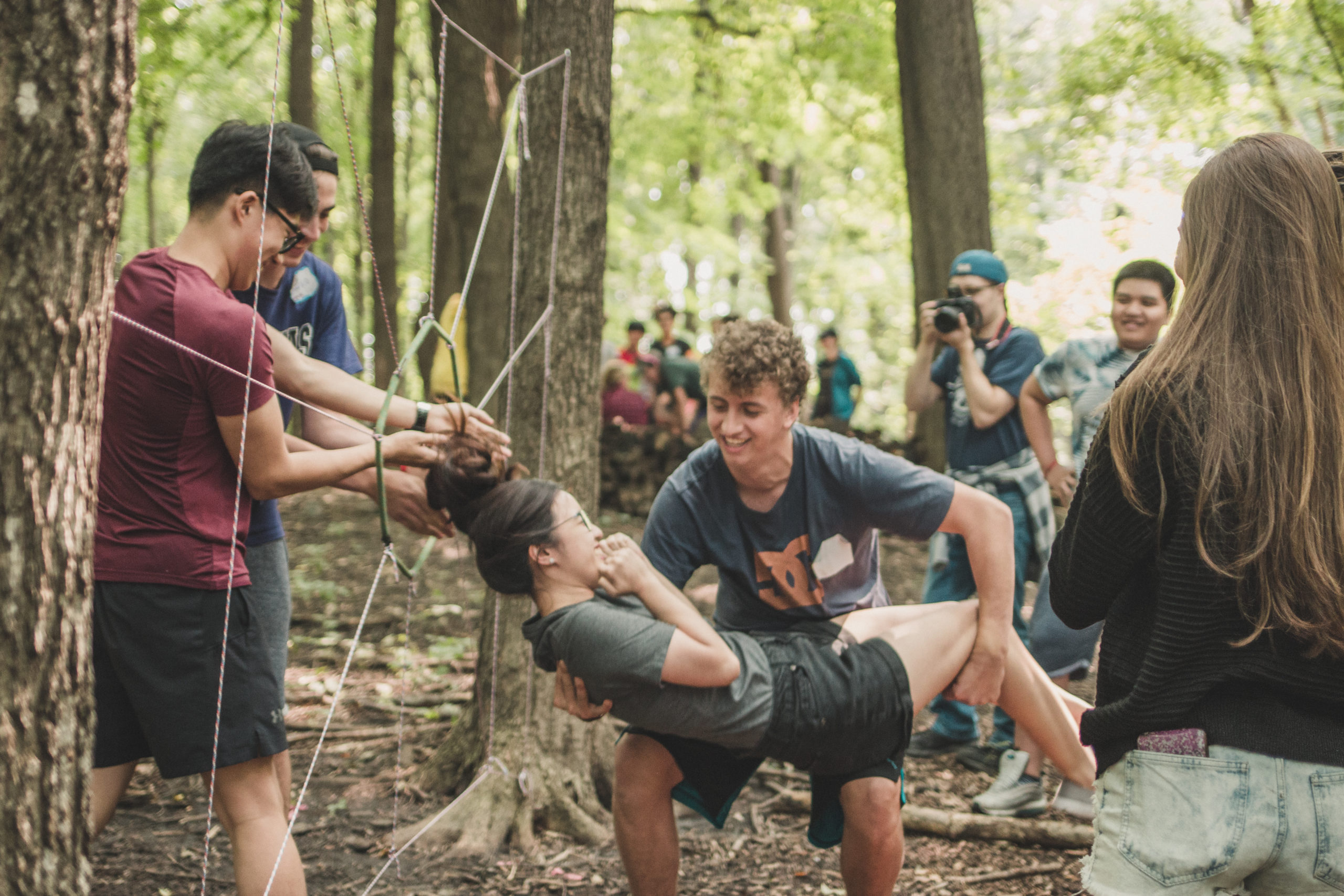It’s hard to believe that our field trip program launched just over a year ago.
For over 100 years, Camp Fire Minnesota has remained dedicated to its core mission of engaging youth with nature. As the needs of the community have changed though, so have our programs. Sensing the need for year-round environmental education in the Twin Cities Metro, we officially launched our Field Trip Program in Spring 2017.
The program was met with a wave of enthusiasm from schools, teachers, and the Camp Fire community. In 2017 alone, 1,422 students participated in environmental education school field trips at Tanadoona. This Spring is no different, with school field trips almost daily.
Though field trips are tailored to meet the needs of each school, all of our STEM and environmental education curriculum aligns with science and math state education standards, ensuring that the group’s experience at Tanadoona supports what they are learning in school.
Each field trip begins with an initial meeting between teachers and a member of our environmental education team, where the teachers outline their goals and review what they’re teaching in the classroom. From there, they choose from a category of lessons and we develop specific activities, ensuring that each activity is tailored to meet the needs of the class.

In addition to customization, Tanadoona’s location is part of what makes field trips one of our fastest-growing programs. Nestled on the shore of Lake Minnewashta, Tanadoona’s diverse landscape of forest and wetlands provide an ideal backdrop for hands-on, environmental education. “Being in the wilderness, being able to go on a hike in the woods, isn’t as common as it used to be”, says Brent Cummins, Camp Fire Minnesota’s Chief Programs Officer. “We’re hoping that a field trip will be the tipping point for a kid asking his parents to go on a hike or a camping trip”.

The accessibility and strength of the Field Trip Program is due, in large part, to the support of foundations and grants. The Xcel Energy Foundation, for example, provides field trip scholarships to schools that primarily serve students eligible for free and reduced price lunch, while RBC Foundation funded water ecology classes. A grant from Opus Foundation supported outreach efforts to schools and provided funds to renovate Tanadoona’s Nature Center for year-round use.

Through the support of funders and partnering schools, the Field Trip Program has transformed Tanadoona into a true community asset– a place where youth can discover their spark through nature, year-round. Says Brent, “Our hope is that the kids gain a better appreciation for their surroundings and nature so that way they feel more in-tune with it. Even if they can’t name every tree that they see, our goal is that they appreciate the trees that they do see, which can hopefully lead to them being a better steward of the environment.”
